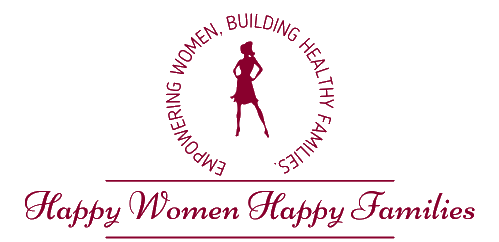Hormones and sleep are deeply connected—especially for women. Whether it’s PMS, pregnancy, postpartum, or menopause, shifting hormones can leave you tossing and turning at night. But restful sleep is possible. Here’s how to reclaim it.
😴 Why Hormones Disrupt Your Sleep
Hormones like estrogen, progesterone, melatonin, and cortisol directly influence your sleep-wake cycle. When they fluctuate, your body may experience:
• Night sweats
• Insomnia
• Anxiety
• Restless legs
• Early waking or disrupted REM cycles
This happens most commonly during:
• Menstrual cycle (especially the luteal phase)
• Pregnancy (due to increased progesterone)
• Postpartum (thanks to a hormone crash)
• Perimenopause & menopause (hello, hot flashes!)
🌿 Natural Remedies to Sleep Like a Baby
- Adaptogens like Ashwagandha
Helps regulate cortisol, ease anxiety, and promote restful sleep. - Magnesium-rich foods
Think bananas, almonds, and leafy greens. Magnesium relaxes muscles and nerves. - Aromatherapy
Lavender and chamomile essential oils can help calm the mind before bed. - Consistent bedtime routine
Wind down with dim lights, no screens, and journaling or meditation.
🛏️ Hormonal Sleep Hygiene: Your Nighttime Checklist
• Avoid caffeine after 2 PM
• Go to bed and wake up at the same time daily
• Keep your bedroom cool and dark
• Limit alcohol—it disrupts estrogen and sleep quality
• Try herbal teas like valerian or passionflower
🌀 Sleep Tips by Hormonal Phase
• PMS? Reduce salty snacks and sugar; they increase bloating and discomfort.
• Menopause? Use a cooling pillow and layer your bedding for easy temp control.
• Pregnancy? Try sleeping on your left side with a pregnancy pillow.
💬 Final Thought
Hormonal shifts may be inevitable, but sleep loss doesn’t have to be. With the right awareness and tools, you can restore your rest—and with it, your energy, focus, and mood.




